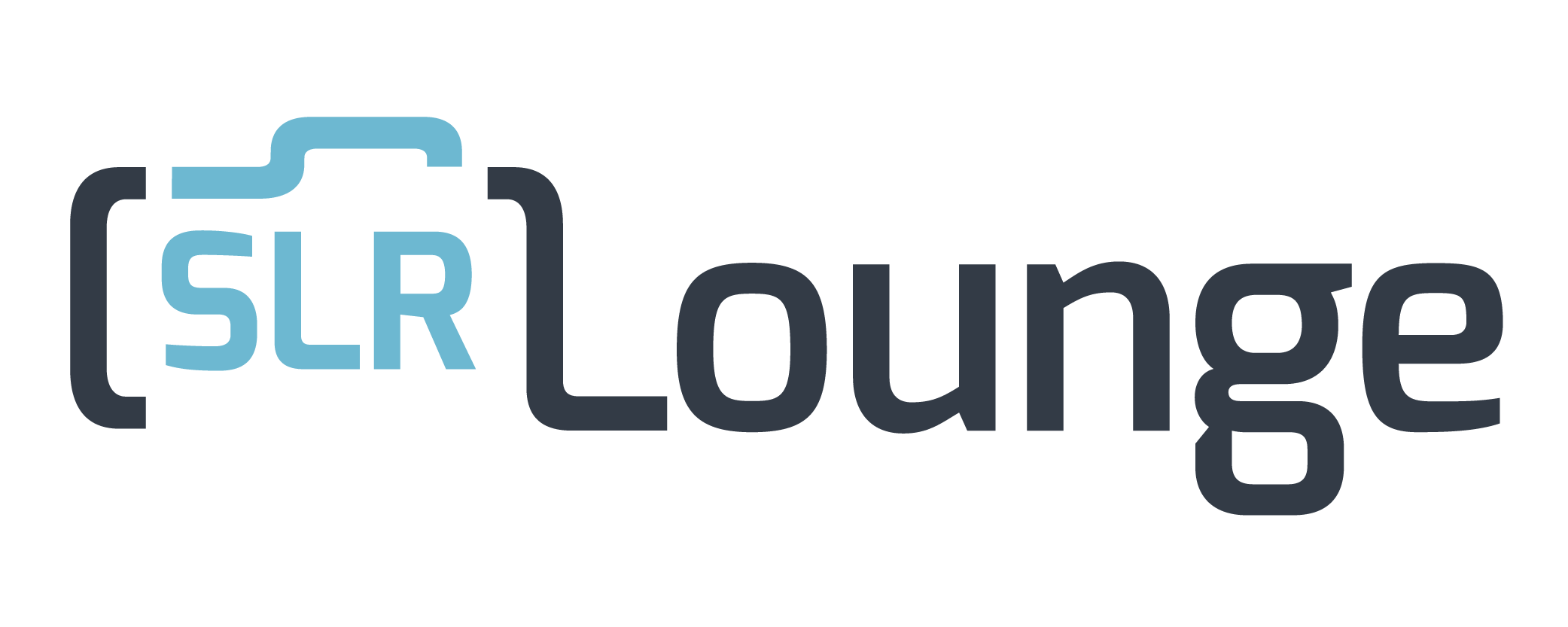We’ve all heard the phrase “the camera adds 10 pounds” way too often, but have you wondered why it came about? In 60 seconds we are going to debunk this myth and show you how to avoid that extra weight gain. In this video, we’ll teach you how to find the best focal length for portraits and discuss how focal length affects distortion & perspective
Video 1 | How To Find The Best Focal Length For Portraits
Focal length impacts your subject
A lens’ focal length will have a heavy impact on the look of your subject. Zoom lenses like a 24-70mm or a 16-35mm are super versatile but you must be careful when it comes to composition for portraiture. Be sure to frame your subject closer to the center of your frame to avoid any distortion that takes place on the corners of the frame.
Wider angle focal lengths, anywhere from 16-35mm can heavily distort your subject’s appearance. You can see how the above image shows that when subjects are placed towards the edges of the frame there is heavy distortion. Choosing a lens like this for your portraiture can unflatteringly add weight and distort their figure.
What lens should you use for close up portraits?
For close up portraits, a focal length of 85mm and up is ideal, and an 85mm is arguably the most used portrait lens no matter the genre of the industry. Anything beyond 85mm is also acceptable and will do the same job compressing the background with minimal distortion.

Although using wider lenses cause more distortion, they can be used effectively but must be used with purpose. For example, you can use a 35mm lens and shoot bottom up on a subject can give them an appearance of strength in the frame, while shooting vertically using a 24mm elongates the limbs and slenderize figure.
To learn more about how your lens affects your subject, check out Photography 101, where we create consistently incredible images with the most basic of gear. Upgrade to SLRL Premium to stream the entire workshop in full along with our library of invaluable photography education.
35mm vs 55mm vs 85mm vs 70-200mm | Which is the BEST PORTRAIT LENS?
You may not shoot Sony but, this video still provides a useful comparison for shooters of any system hoping to see the difference between the focal lengths; especially in their fast aperture variants. Let’s see what team Ortiz found.
What you should note is how the different focal lengths change the relationship between your subject and the background. A good example of this is found when comparing the 85mm and the 200mm end of the 70-200mm GM. While the 85mm is a favorite among portrait shooters, it doesn’t isolate the model as well as its longer counterpart, even though it has a wider aperture.
But this may not factor into why you’re taking your particular portrait. While a longer focal length renders your model’s facial features more favorably, your aim may be to include the environment to enhance the mood and atmosphere your image. So, as usual, the idea of “ultimate” or “best” subjective.
Still, if this video has pushed you over the edge and you want to buy a new lens, check out the links below.
Featured Lenses at various Focal Lengths
Prices may be outdated
Sony
- Zeiss 35 mm f1.4 – $1,498
- Sony/Zeiss 55mm f1.8 – $898
- Sony 85mm f1.4 GM – $1,798
- 70-200mm f2.8 GM – $2,698
Canon
- Canon 35mm f1.4L II – $1,649
- Canon 50mm f1.2L USM – $1,299
- Canon 85mm f1.4 L IS – $1,599
- Canon 200mm f2.8 L – $749
- Canon 70-200mm f2.8 – $1,799
Nikon
- Nikkor 35mm f1.4 – $1,695
- Nikkor 50mm f1.4 – $446.95
- Nikkor 58mm f1.4 – $1,595.95
- Nikkor 85mm f1.4 – $1,596.95
- Nikkor 70-200mm f2.8 E FL ED VR Lens – $2,796.95
Sigma
Tamron
- Tamron 35mm SP f1.8 – $599
- Tamron 45mm SP f1.8 – $399 —- “Whaaaaat?!”
- Tamron 85mm SP f1.8 – $749
- Tamron 70-200mm f2.8 G2 – $1,299














